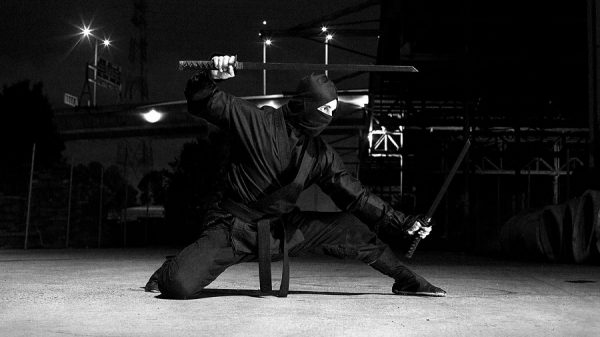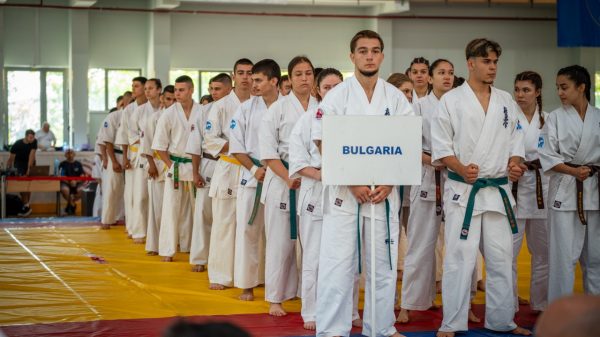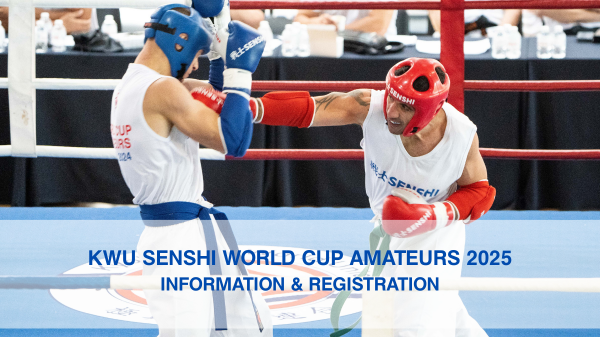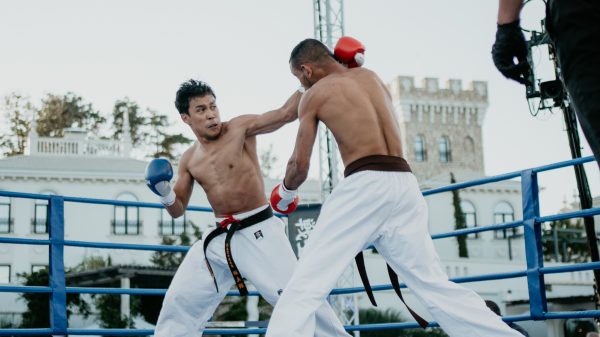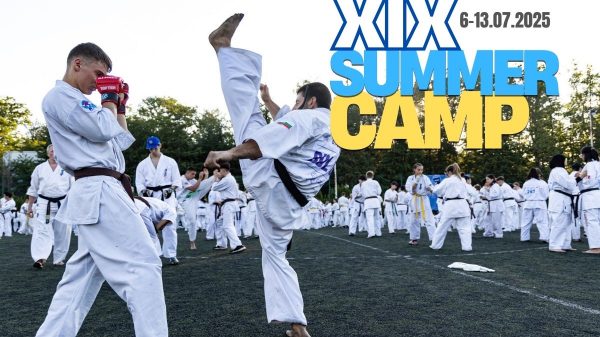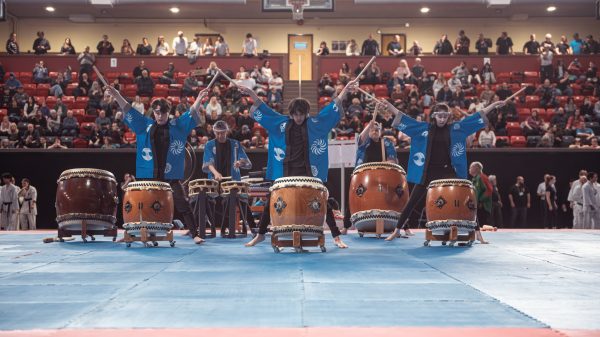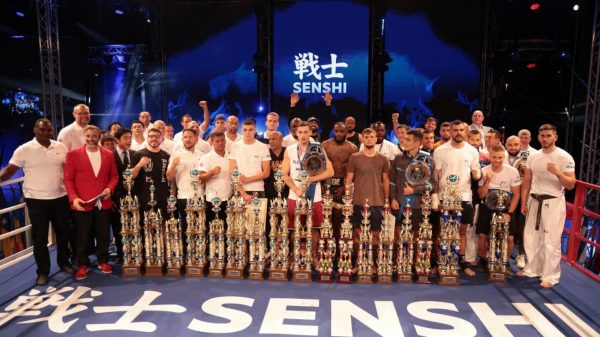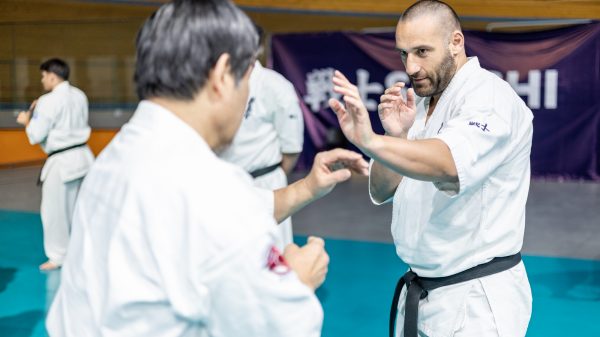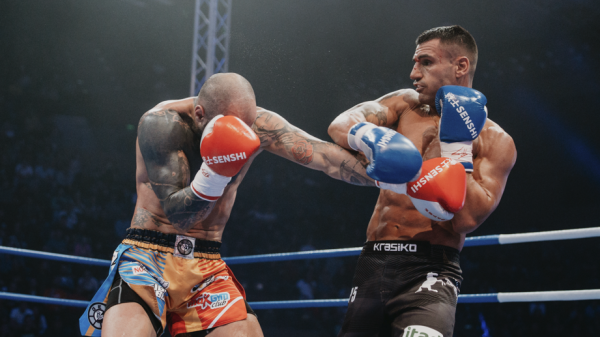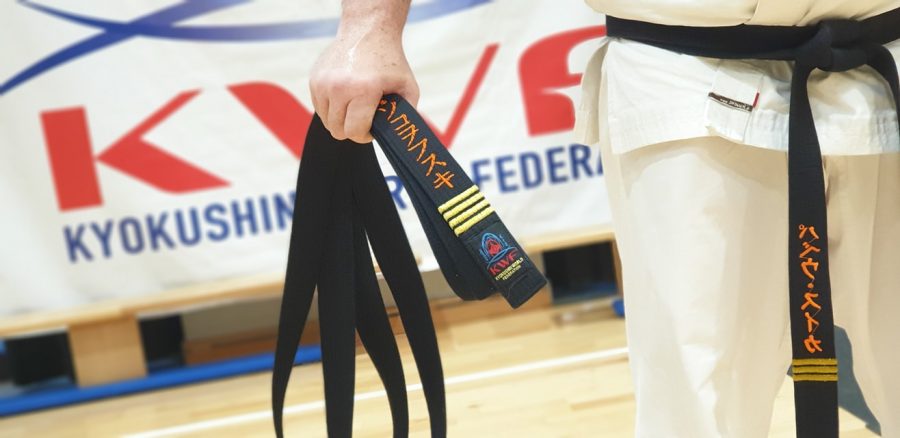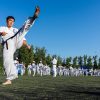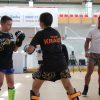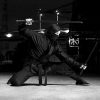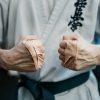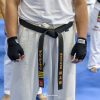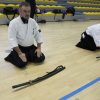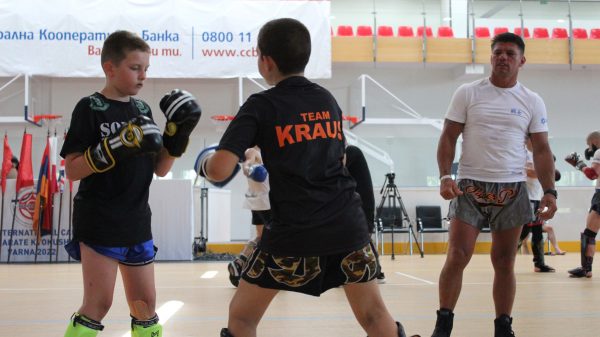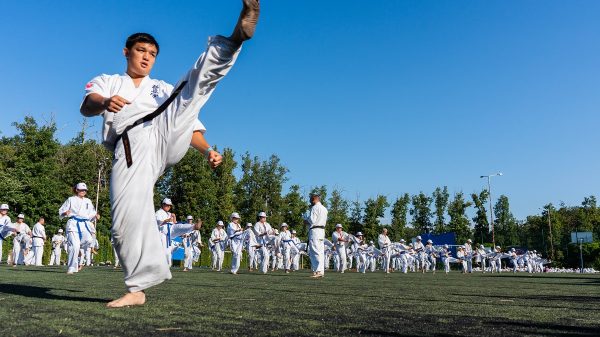A lot of people misunderstand the meaning of the word ‘sensei’ in karate. While an average person may assume that the word ‘sensei’ has a complex meaning in karate, its meaning is very straightforward. If you’ve always wanted to know the true meaning of sensei in karate, then you’ve come to the right place.
Sensei in karate is a name attributed to a karate instructor or teacher. Sensei is originally a Japanese word that means ‘born before.’ But in the context of karate, it means a teacher since a teacher precedes his or her students in terms of experience.
What Is a Sensei in Karate?
Just like we’ve mentioned earlier, sensei in karate is a name for a karate teacher. However, it is important to note that the name is usable only from the student’s perspective. Most of the time, people use sensei and the first or last name of the teacher they are addressing.
It takes time and great effort to become a sensei since it’s a title that saddles a person with several roles aside from teaching. In a karate environment, a sensei always occupies leadership positions, where he serves others selflessly. A sensei tends to perform better in crucial areas of life and faces challenges with courage.
They care about the problems of others, counsel people, and help their students in overcoming hurdles. They understand and apply the principles of human performance during training sessions. They ensure safety during training sessions and can render first aid skillfully whenever the need arises.
A sensei is intelligent and can contemplate circumstances to identify every possible outcome. He always considers several alternatives before finally choosing the best one. A sensei updates himself about new knowledge from time to time.
A sensei is humble, patient, and forgives easily. An ideal sensei has excellent human relations skills and treats everyone with respect. He is honest and therefore uses an honorable attitude always. He serves as a perfect role model in all areas of life. A sensei is fair to everyone and can promote peaceful coexistence.
What Is the Difference between Sensei and Senpai?
Although the two terms, sensei and senpai, have similar meanings, you will discover the differences between these two words when you examine them closely. English speakers are very likely to interchange the meaning and usage of these two words. We will explain the differences between these two words quickly, and then summarize these differences in a simple table.
Sensei is the proper title that karate students use while referring to their teachers. This title gives students the privilege to show respect to their teachers each time they address them. It is wrong for karate students to address their teachers with the word ‘senpai.’
Senpai is used when a karate student addresses a senior karate student. Also, it’s proper for you to use senpai for your mentors. However, if your mentor is equally your teacher, then you must use sensei instead of senpai.
| Sensei | Senpai |
| The title is reserved only for teachers or instructors. | You can use it for senior colleagues, mentors, or even a friend who you respect. |
| It clearly indicates a high level of authority difference between the addresser and the addressee | The level of authority difference between the addresser and the addressee can either be low or high. |
What Is a Karate Student Called?
By now, you already know what we call a Karate teacher, but maybe you don’t know the name that people call karate students. The name that people call karate students varies according to the country. For instance, a Japanese can use the name ‘gakusei’ for a karate student. Generally speaking, you can call karate students by the word that translates directly into a student in your country.
However, you should note that gakusei and other words that translate into students are not frequently used in karate schools, despite their correctness. Karateka prefers using names that indicate the relation between the addresser and the addressee. So if you are learning karate under a teacher, you should expect your teacher to call you by your last name + Kun. Kun is a Japanese title that gives authority to the person using it, so sensei use it often when referring to their students. Rarely, a teacher can call you using your first name + Kun instead of your last name + Kun.
The title ‘kun’ also has some restrictions on its usage. You must never call your senior karate colleague using the ‘kun’ title. Doing so will make you assume an authority higher than that of your senior colleague, which, of course, is false. The title is majorly for boys, but you can use it for girls also. Girls are free to use the title towards boys of equal rank without implying a false meaning.
What Are the Conducts of Karatekas in the Dojo?
The dojo is the name of the karate schools. Karatekas regard a dojo as a sacred place, and therefore behave in certain manners whenever they are inside a dojo. Here are the general conducts of ideal karaketas in a dojo:
Karatekas don’t wear shoes in a dojo, and they clean the dojo at the end of every training session. Constant cleaning of the dojo is a way of acknowledging its sacredness. Karatekas bow each time they enter or exit the dojo to show respect.
Karatekas don’t walk into a dojo while eating or chewing anything. However, they can drink water during training. Anyone who eats in a dojo violates the rules, and such a person will face punishment for the act.
Karate students don’t have the right to use the dojo outside the stipulated hours of training without seeking permission from the sensei. A karateka doesn’t use weapons or dojo clothes that another person owns.
Karate students are always punctual to lessons. If a student cannot attend the opening prayer, he or she must sit formally close to the entrance and wait for a signal of permission from the sensei before entering.
Seiza is the only correct way of sitting in the dojo, but a karateka can sit cross-legged if he or she has a disability or knee injury. However, a karateka must never sit in a reclining position or stretch the legs, or lean on the back for whatever reason.
Karate students will sit quietly in a formal way whenever the sensei is giving instructions or demonstrating a technic. Students must salute the sensei and their partners after a demonstration. Students must go up to the sensei and salute him whenever they need to ask questions. A student must never invite a sensei to his or her side.
Source: wayofmartialarts.com


